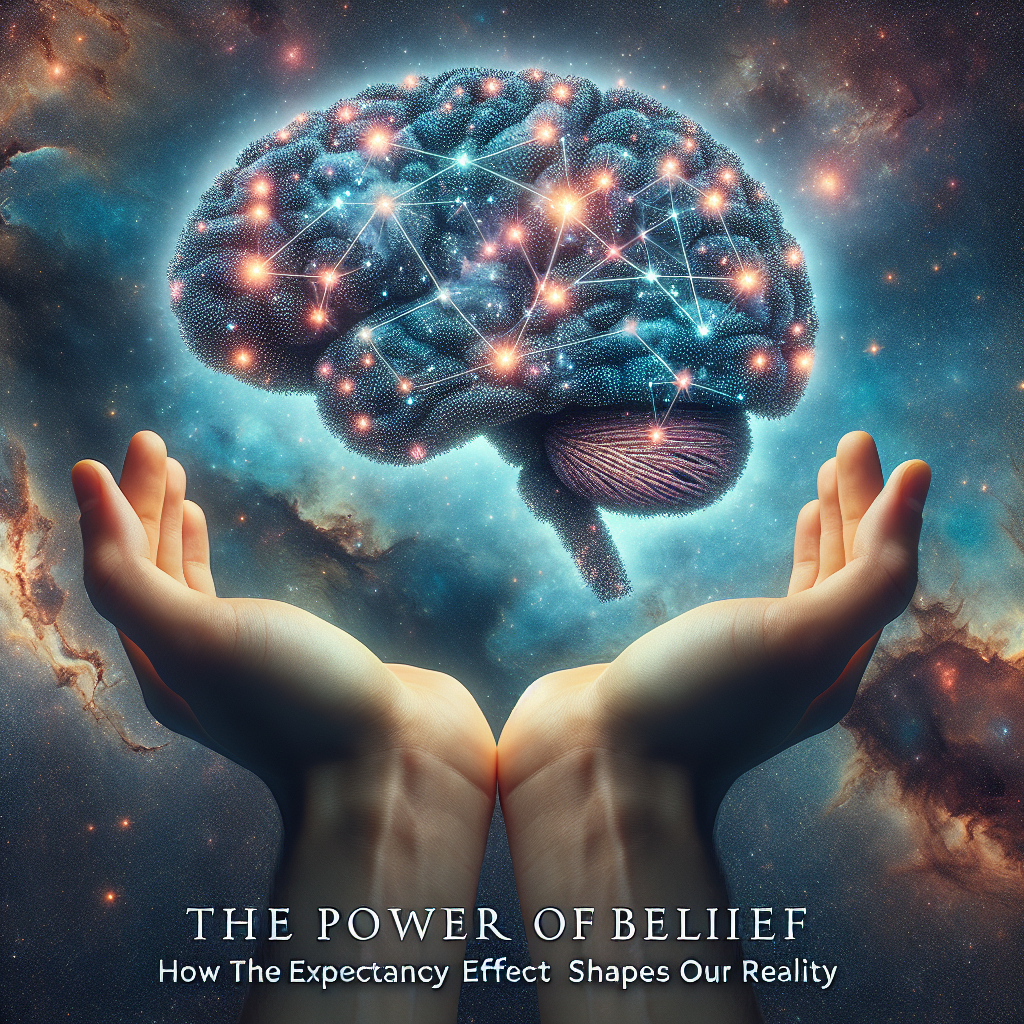Introduction
In a world overwhelmed with choices and opinions, it can be easy to overlook a simple yet profound truth: our beliefs have the power to shape our reality. The concept of "The Power of Belief: How the Expectancy Effect Shapes Our Reality" is not just a philosophical musing; it’s a vital principle backed by scientific research and psychological evidence. This article explores how our expectations can influence outcomes in our lives—ranging from health and happiness to performance and relationships.
The Expectancy Effect: An Overview
The expectancy effect, often referred to as the "placebo effect," occurs when a person’s expectations about an outcome actually influence the result. This phenomenon isn’t limited to medicine; it extends into various realms of life, including education, sports, and personal relationships.
Key Theories Supporting the Expectancy Effect
-
The Placebo Effect
- Definition: The placebo effect illustrates how a person’s belief in a treatment’s efficacy can yield real physiological changes.
- Case Study: A notable study conducted by the University of California found that patients who believed they were receiving pain medication reported lower pain levels, even when they received a sugar pill instead. This demonstrates the profound power of belief in altering physical sensations.
-
Pygmalion Effect
- Definition: This theory posits that higher expectations can lead to better performance in learners. Named after the Greek myth, it highlights how the beliefs of teachers can directly impact student performance.
- Case Study: A research project by Rosenthal and Jacobson found that teachers who were informed that certain students had high potential (yet were actually randomly selected) ended up nurturing these students to achieve higher academic results.
- Self-Fulfilling Prophecy
- Definition: This occurs when a belief leads to behaviors that make the belief come true.
- Case Study: A study published in the journal Psychological Science revealed that when managers believed their team members were more competent, the teams performed better overall—confirming the reality that what’s expected often becomes actualized.
Exploring the Science Behind the Expectancy Effect
Several psychological principles underpin the expectancy effect, helping us comprehend why belief matters so much:
- Cognitive Dissonance: People aim for internal consistency. Thus, a belief can compel individuals to adjust their behaviors to align with that belief.
- Confirmation Bias: This is the tendency to seek out information that supports existing beliefs while ignoring contradictory evidence. This can manifest in various social contexts, influencing decisions and perceptions.
Tables & Charts Illustrating the Expectancy Effect
| Effect | Description | Domain | Impact |
|---|---|---|---|
| Placebo Effect | Belief alters physiological responses | Medicine | Pain reduction, quicker recovery |
| Pygmalion Effect | Expectations influence performance | Education | Improved academic outcomes |
| Self-Fulfilling Prophecy | Forecasts influence behaviors and results | Workplace | Enhanced team productivity |
The Power of Belief in Daily Life
-
Health and Wellness
- Many alternative medicine practitioners advocate the notion that belief in the effectiveness of treatments can expedite healing. This manifests in practices such as mindfulness and positive affirmations.
-
Education and Personal Development
- Students who believe in their abilities can often achieve greater results compared to their less confident peers. This belief can stem from past successes, motivational speaking, or supportive environments.
- Sports Performance
- Athletes often visualize success before competitions. Studies show that those who employ positive visualization techniques can improve performance metrics, illustrating the expectancy effect in action.
Conclusion: Embracing the Power of Belief
The power of belief transcends mere philosophical debate; it is a practical tool that can be harnessed to alter our reality. By understanding "The Power of Belief: How the Expectancy Effect Shapes Our Reality," we empower ourselves to cultivate positive expectations and foster environments that nurture success.
It’s essential to recognize that while belief is powerful, it should be coupled with realistic goals and actionable plans. As we marry our beliefs with diligent action, the true potential of expectancy unfolds—transforming our lives in ways previously deemed impossible.
FAQs
-
What is the expectancy effect?
- The expectancy effect is the phenomenon where a person’s expectations influence the actual outcome of a situation.
-
Can the expectancy effect improve my health?
- Yes, research shows that individuals who believe in the efficacy of treatments (like the placebo effect) often exhibit better health outcomes.
-
How can I harness the power of belief in my life?
- You can practice positive affirmations, visualize your goals, and surround yourself with supportive influences to strengthen your beliefs.
-
Is there scientific evidence supporting the expectancy effect?
- Absolutely! Numerous studies across various fields, including psychology and medicine, validate the impact of expectations on outcomes.
- What are some practical applications of the expectancy effect?
- The expectancy effect can be applied in areas such as education (to foster better student performance), healthcare (to enhance recovery), and even workplace environments (to boost team morale and productivity).
Final Thoughts
Every day, we have the opportunity to shape our reality through the power of belief. Embrace this principle, and witness how your newfound expectations can lead to transformative changes, captivating not just your life but the lives of those around you.
In the end, the real magic lies not only in believing but in the actions we take to turn those beliefs into our shared realities.

